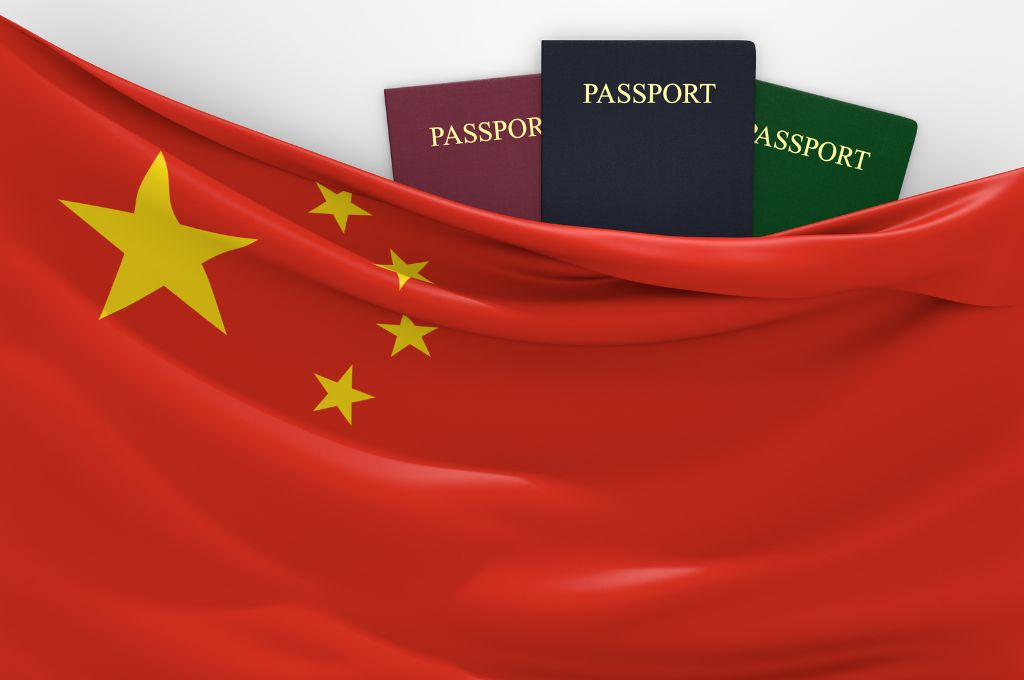The Association of Thai Travel Agents (ATTA) has requested the forthcoming Thai government to consider waiving visa fees for Chinese visitors as part of its robust approach to stimulate the Chinese tourism market. The proposed exemption, targeting a trial period of three months initially, could prove instrumental in achieving the Tourism Authority of Thailand’s (TAT) goal for 2023.
ATTA president Sisdivachr Cheewarattanaporn expressed hopes that the measure would attract an ambitious total of 5 million Chinese tourists, thus reviving the tourism industry heavily affected since the tragic Phuket boat accident in 2018. The move is also aimed at fostering confidence and incentivizing increased visits from China.
Despite these efforts, Chinese tourist arrivals in Thailand are progressing at a slow pace. The first half of the year saw approximately 1.6 million Chinese visitors, necessitating an additional 3.4 million in the remaining half to achieve the 5 million target. Sisdivachr acknowledged the significant hurdles posed by the Thai visa acquisition process for some Chinese tourists.
As Thailand strives to enhance its appeal to Chinese tourists, regional competitors vie for the same market. Malaysia, for instance, provides a more streamlined visa application process that only takes 1-3 days and costs about 200 yuan per application. This competitive edge has reportedly redirected some Chinese tour groups towards Malaysia, leading to a diversification in travel preferences.
Nevertheless, Sisdivachr expressed optimism for a marked improvement in the Chinese tourist market towards Thailand in the upcoming year. The anticipated resurgence of Chinese interest, coupled with the expanding markets in East Asia such as Japan, South Korea, Hong Kong, and Taiwan, suggests the TAT’s target of 25.8 million tourist arrivals could be within reach.
Additionally, Thailand’s focus on the Asean market, anticipating around 10.5 million visitors, reinforces its position as a popular tourist destination. The country remains the preferred choice for Chinese tourists seeking accommodation on Airbnb, reflecting a promising trend for Thailand’s tourism industry.
Countries like Malaysia and the Philippines also experienced an increase in Airbnb searches, indicating a rise in regional domestic tourism markets. Thailand, for example, reported a 35% growth in domestic Airbnb bookings in 2022 as compared to 2019.
















